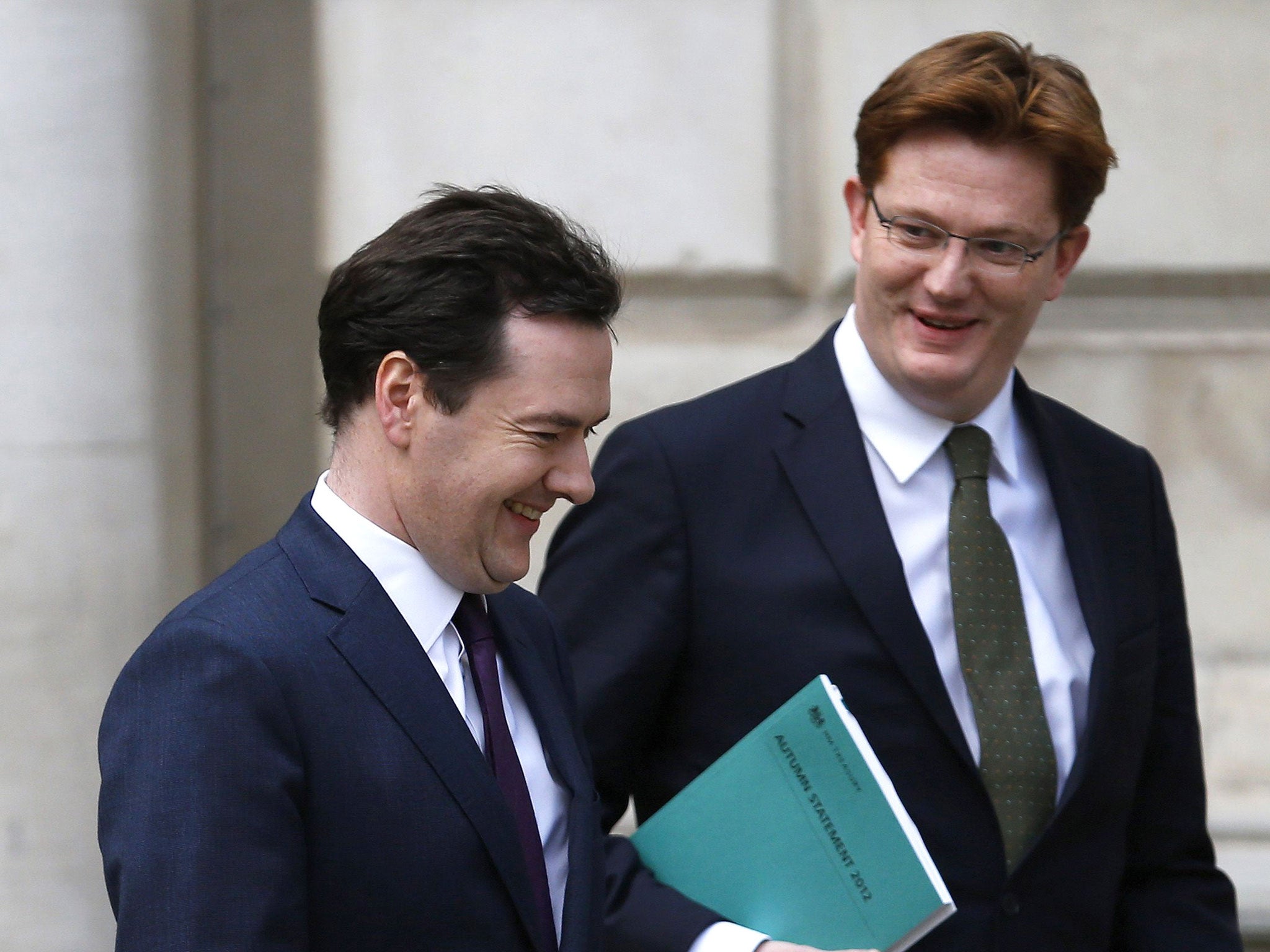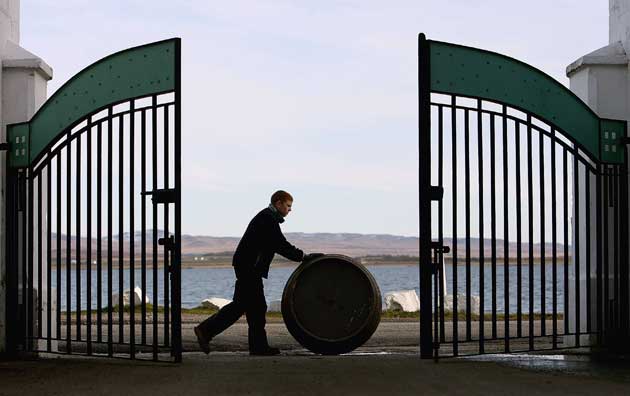Scottish independence: Study casts doubt on Alex Salmond's claims that Scotland would be '14th richest country in world'
Research suggests that foreign-owned companies' profits go overseas
Your support helps us to tell the story
From reproductive rights to climate change to Big Tech, The Independent is on the ground when the story is developing. Whether it's investigating the financials of Elon Musk's pro-Trump PAC or producing our latest documentary, 'The A Word', which shines a light on the American women fighting for reproductive rights, we know how important it is to parse out the facts from the messaging.
At such a critical moment in US history, we need reporters on the ground. Your donation allows us to keep sending journalists to speak to both sides of the story.
The Independent is trusted by Americans across the entire political spectrum. And unlike many other quality news outlets, we choose not to lock Americans out of our reporting and analysis with paywalls. We believe quality journalism should be available to everyone, paid for by those who can afford it.
Your support makes all the difference.Fresh doubts have been cast on Alex Salmond’s claim that an independent Scotland would be one of the richest countries in the world by a new study.
In its Yes Scotland campaign, the Scottish National Party (SNP) has quoted figures ranking it as the 14th wealthiest nation using GDP as a measure – four places above the UK.
But a report by economics professors at the University of Glasgow, claims foreign ownership of much of Scotland’s oil, salmon and whisky industries diverts the wealth generated overseas.
The study, commissioned by the Guardian, adds another layer of confusion to hotly-debated figures, after rival camps both claimed Scots would be £1,000 richer.
While Mr Salmond, the First Minister, said each person would be £1,000 better off a year if the nation opts to go it alone, UK ministers countered by claiming Scots would be £1,400 richer if they remained in the Union.
A war of words ensued, with Danny Alexander calling the SNP’s figures a “bogus bonus” and Mr Salmond accusing the Treasury of “trying to cook the books“.

According to the new study, the level of foreign ownership means that Scotland’s actual income is as much as £2,990 less per head than the SNP suggests.
The study used a measure for national income that put Scotland at 20th among the 34 countries in the OECD group of developed nations.
John McLaren, the co-author of the report, said the GNI [gross national income] measure showed wealth smaller than GDP.
“However, this assumes the majority [around two-thirds] of North Sea profits stay in Scotland,” he told the Guardian.
“Both survey and company ownership data suggests that this would not be the case.”

There are also concerns that uncertainty about the financial stability of an independent Scotland would make foreign investors take flight.
A spokesman for the Scottish Government defended the use of GDP figures and said independence would ensure wealth benefited everyone in society.
He added: “The Scottish Government has already published an estimate of GNI for Scotland, which was produced in November last year.
“It uses a range of highly detailed data sets to account for international ownership of Scottish companies and the associated income flows, and income brought back into Scotland from the activities of Scottish firms abroad.
“It also looks at cross-border wages and salaries, such as Scottish workers abroad and in the rest of the UK.”
Join our commenting forum
Join thought-provoking conversations, follow other Independent readers and see their replies
Comments